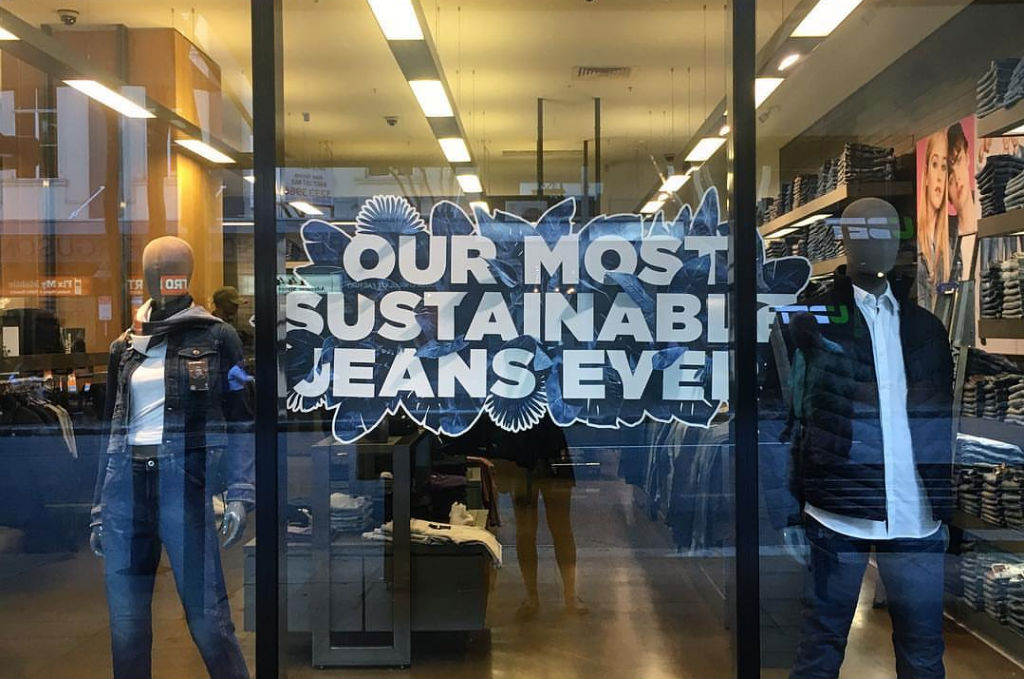If you’re a conscious consumer who considers the background of your clothes (and other goods) before you buy them, you would have noticed an uptake in the number of sustainable and ethical fashion brands popping up in the market.
It seems like every other day there’s a new handbag brand that’s ethical, or a clothing brand that’s sustainable. A part of me thinks this is great because the supply is growing, but the other part of me (which is a marketer, by the way), is a bit more skeptical.
Lots of brands have cottoned on to the fact that more and more customers are looking for products that are made without harm to people or the planet. And while I love that there’s some brands (big and small) who are genuinely putting sustainability at the centre of their businesses, there are way too many who are using it as a marketing tool and not backing it up.
While I was writing this I went to the H&M website, and front and centre was a banner reading “A conscious denim story”. After clicking through to the page/campaign, I found a line that read: “Our most sustainable denim is made partly from old garments and textile leftovers.”
This is a brand that was most recently in the news because the they promoted a target of paying 850,000 garment makers a living wage by 2018 and totally missed it.
Their attempt to divert some garments from landfill doesn’t counteract the enormous damage their cheap, polyester clothes are doing to the planet and the people making them, and it most definitely doesn’t make them a “conscious” fashion brand.

Small brands are doing it too. I’ve had a number of brands that call out sustainability in their marketing contact me and ask me to promote their products on Britt’s List. When I ask them about their production or if their staff are paid a living wage I never hear back!
So I can only assume they’re not backing up their claim of being a sustainable fashion brand.
That aside, the fact is that no brand is completely sustainable because that would mean having absolutely no impact on the planet at all (using zero resources). And the word ethical doesn’t account for much either.
Sustainability and ethical production simply isn’t simple. It’s extremely complex (just like fashion production supply chains) and really can’t be reduce to a word or two.
Brands who are serious about ethical production should promote transparency in their supply chains, pay a living wage to their staff, avoid animal products or make sure they’re sourced without harm, and champion serious environmental policies.
So while it’s effective and eye catching to promote products under the banners of “sustainable” and “ethical”, a brand reducing their entire operations to one or two words is sketchy at best.
So next time you see a brand call out sustainability in their comms, be a bit of a skeptic and see if they back up their claim before you buy into their cause.



